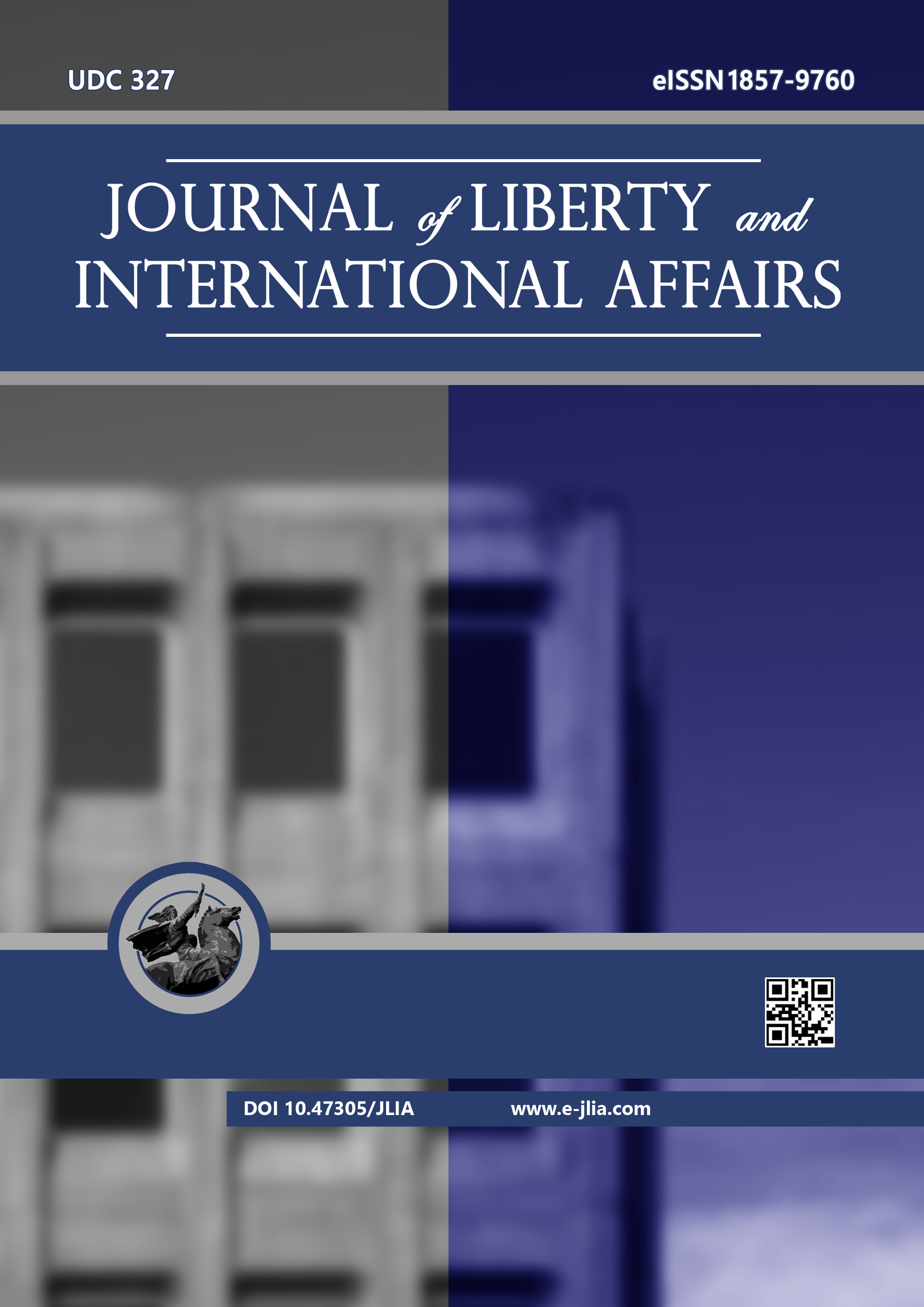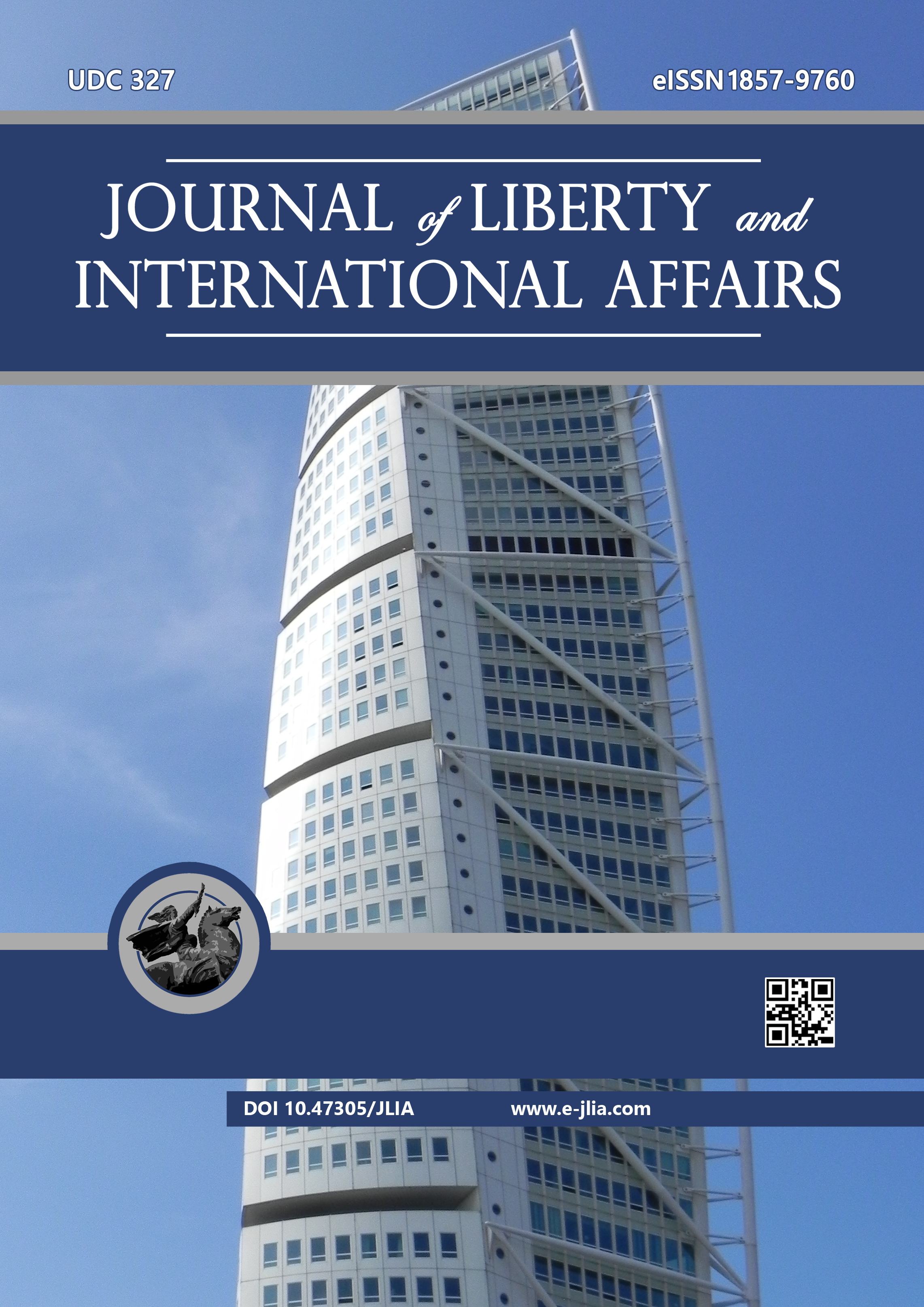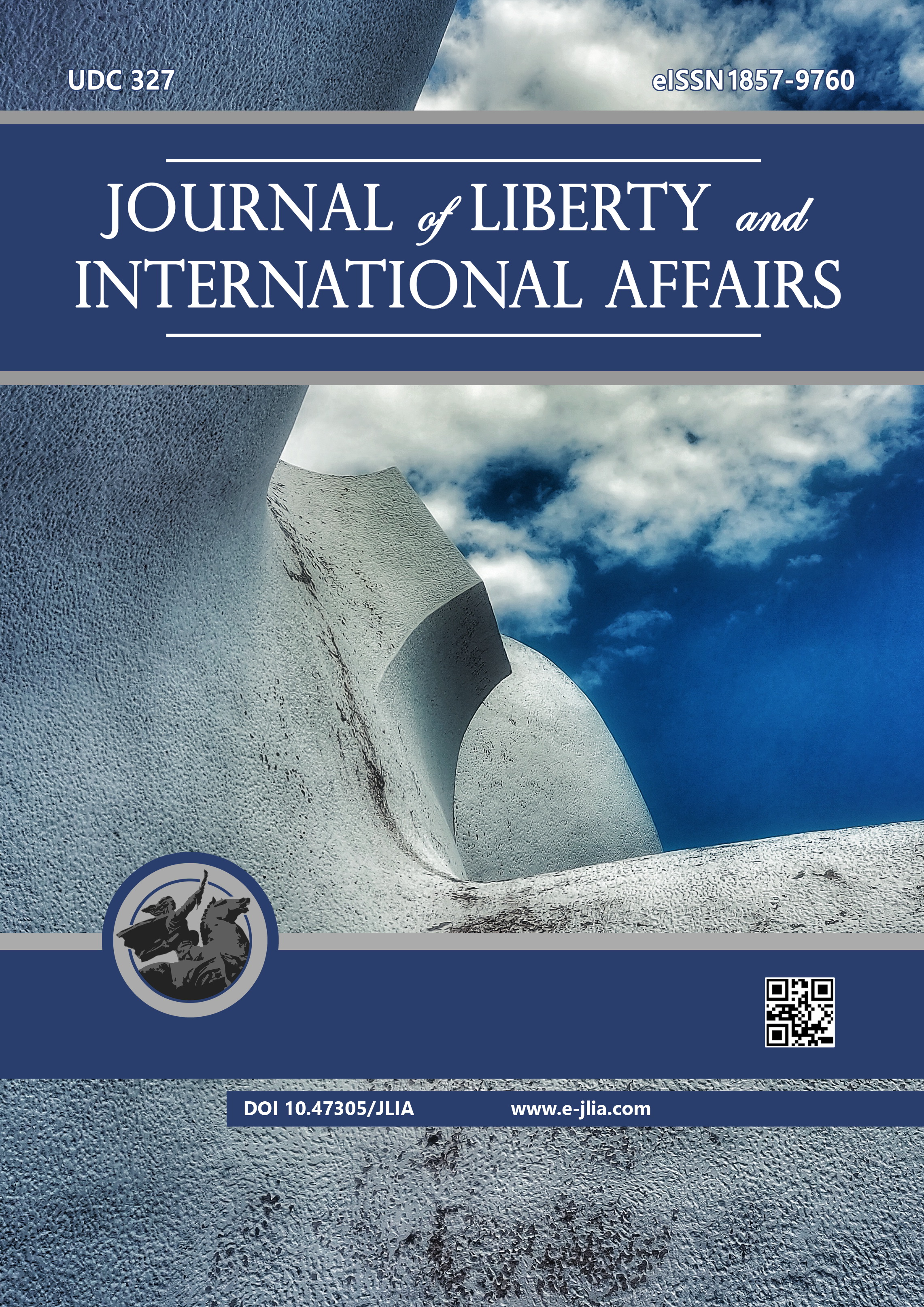
THE ROLE OF MEDIA IN PEACEBUILDING IN IRAQ AFTER ISIS
The victory over the territorial rule of the so-called Islamic State provides an opportunity for the government of Iraq to restore its state institutions and reassert its authority. Can the Iraqi leadership step beyond cycles of failure in this transition to tackle the systemic issues that sustain state weakness and promote the emergence of groups like ISIS? This paper aims to enlighten the challenges faced by Iraq after ISIS for the restoration of peace between minorities and religious groups, and coexistence after the myth, so that conflicts are going on between minorities and religious groups, particularly in Mosul and other cities under the control of ISIS, the state could not reconcile the displaced people. Correspondingly, this paper intends the focus and role of local, regional, and international media in the process of peacebuilding and coexistence in Iraq after ISIS.
More...


